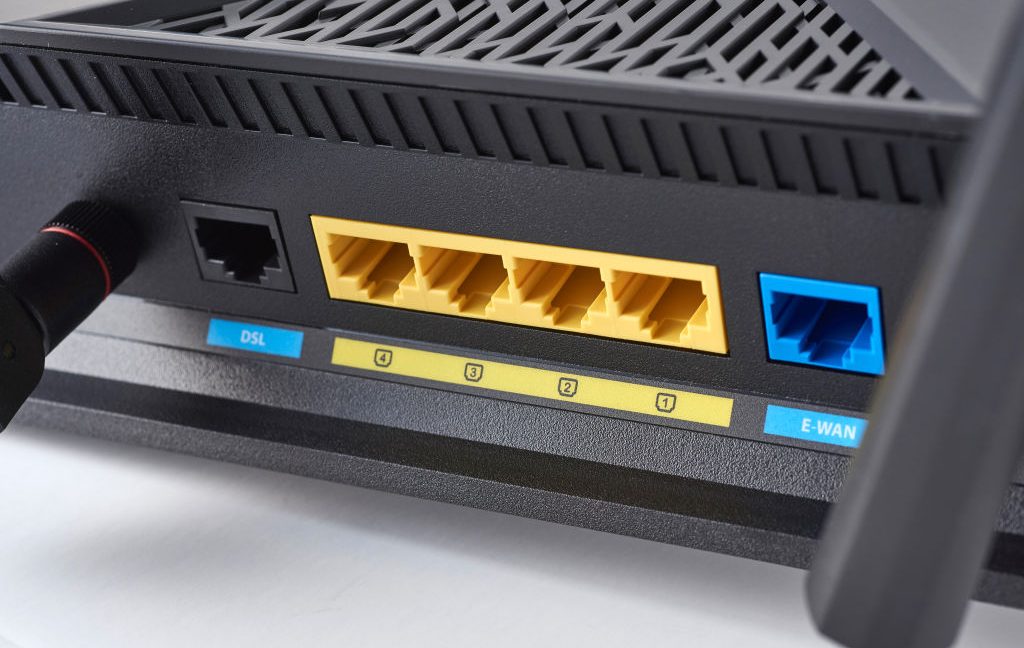Supreme Court to decide whether ISPs must disconnect users accused of piracy
-
Ok so now I'm confused entirely. Does that mean leeching I don't need to do a port forward, but seeding I do?
Which means if I want to leech to get the file then seed when I'm not heavily using my network I'm sort of out of luck?
If you're purelly seeding (as in starting to seed a torrent from scratch never having downloaded it from the bittorrent client you're using or having done it a long time ago - days, weeks or longer), without port-forwarding it will simply not work and nobody can connect to your machine and downloade anything for that torrent because all those remote machines that are trying to connect to your client have no association with your machine on the Mullvad Router doing NAT translation.
If you're downloading a torrent and then leave it seeding for a while after the download phase is over, then it will usually work fine because the Mullvad Router doing NAT Translation still remembers the various remote machines that your machine connected to in the swarm for that torrent during the download stage, hence when those remote machines connect back trying to themselves download stuff from yours, it will know that's related your machine and thus accept those remote connection and forward them to your machine.
In practice this means that it if you leave your torrents seeding AFTER DOWNLOADING is over, usually (but not always as for torrents with very few peers the swarm is either too small or changes too fast) you can upload more than you downloaded, hence you're not leeching.
So if you use Mullvad and don't want to be a leecher, always leave your torrents active and uploading after you've downloaded them.
Personally I have mine set to 1.5 upload to download ratio and only seldom does it fail to reach it.
-
dint they just rule AI can legally scrape/books, but not for people who are pirating directly.
IIRC the judge said they could use the data for training, but specifically added that piracy is still piracy and he didn’t rule on that.
So Disney can just sue Meta for one trillion

-
If it's upheld, that's the precursor to full-blown info blackouts, just cut off internet to anyone 'accused' of wrongspeak against the powers that be, which is basically everyone.
This also sounds like SOPA reborn.
Oh, so like they do in the uncivilized middle-east?
Naaaah -
I love Mullvad and used them for years, but without port forwarding, they're not the service you want for torrenting. Some alternatives like AirVPN or ProtonVPN are better suited for that stuff.
Before the haters jump in and tell me "it works fine fer me!" it's only working because the user on the other end, like myself, have port forwarding set up. Since you don't have it, you'll never connect to anyone else like yourself nor will they be able to connect to you.
Of course there are alternatives like streaming and Usenet but there are tradeoffs no matter what you pick.
Best alternative is a seedbox. Preferably in the Netherlands.
-
This post did not contain any content.
"the internet" is a necessity and requirement to function in society. You can't be denied access to it anymore, it would be disproportionate.
-
And how do users connect to your port if your VPN-WAN doesnt have a port forward?
Same problem at a different point in the connection.wan -> wireguard client
wireguard client -> lan
-
And OpenAI of course.
But it's not piracy if you use it for an LLM, right‽
-
4G piracy hub go brrrrr? Go ahead, disconnect me. I will get another SIM and resume piracy.
Several countries require proof of ID to purchase a SIM card.
-
In the beginning we used to exchange cassettes. You would have a boombox with two cassettes. You would play one while you recorded on the other. Then you gave the cassette back to your friend. Next was the VCR with the big ass cassettes.
Then you would do the same with floppies, then zip disks. Then one day CD recording was a thing, then DVDs. Then thumb drives and now portable HDDs. Basically the cheapest form or recording is always the most popular way for people to share stuff.
The only ones who don't want us to share are those who want to make millions by never innovating.
I couldn't afford one of those fancy 2-cassette boomboxes, so I had my friend bring his tape deck and we put them real close together in the quietest room of the house and recorded that way. Having several siblings meant that there were no quiet places, so we used the empty garage when my parents were at work. The audio was autrocious, tons of echo and static, but I played that tape thin until it snapped.
-
Guess it's time to go underground, sigh.
You should already be underground
-
Best alternative is a seedbox. Preferably in the Netherlands.
I keep my seedbox in the planter at the coffee shop down the road with free WiFi.
-
Several countries require proof of ID to purchase a SIM card.
Alas, true for mine
-
But it's not piracy if you use it for an LLM, right‽
Yes we are all training our LLMs. Perfectly legal.
-
Don't give them ideas. Next they'll cut the blood stream to your brain.
Supreme Court: "One of us! One of us!"
-
to be fair the treaty never specified anything about water, and the Navajo nations should have had better lawyers or better guerilla warfare tactics if they wanted more negotiating power.
-
(Donald trump voice)
"We should hold all food companys liable for users violent crimes, this man stabbed another man to death with a spoon! 30 minutes before he ate kraft mac and cheese. It gave him the energy to violently stab this innocent man"Lets hope they got common sense
What's crazy is that Trump claims to be against the current ruling in Sony's favor, and is siding with Cox.
-
ISPs already do that here in the states. The court case is to decide whether they should shut off access.
I can tell you that Mediacom cable will cut your service off for it, and you have to call in and get scolded before they turn it back on.
And, if it happens 3 times, your service is disconnected permanently.
-
A load of game patchers use torrent tech to improve speeds. Lots of gamers torrent with out even realizing it
Hell, windows itself does it.
-
"the internet" is a necessity and requirement to function in society. You can't be denied access to it anymore, it would be disproportionate.
Pretty sure I have read somewhere that it is now also an official necessity in Germany
-
This post did not contain any content.
This is how you get a new darknet.






